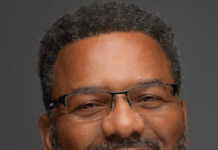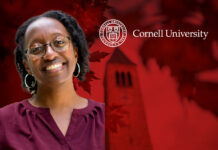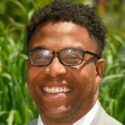 Diversity has become a paramount issue on the campuses of many colleges and universities. The explosion of appointments of diversity officials at colleges and universities in recent months is documented each week on JBHE and other websites.
Diversity has become a paramount issue on the campuses of many colleges and universities. The explosion of appointments of diversity officials at colleges and universities in recent months is documented each week on JBHE and other websites.
A new study by scholars in the department of psychology at Princeton University in New Jersey finds that the rationale for greater diversity in higher education often reflects the views of Whites but not necessarily those of Blacks.
Instrumental rationales are the predominant rationale for diversity efforts in American higher education. Diversity is seen as providing educational benefits for the predominantly White student bodies at these schools. This rationale for diversity has been used by the Supreme Court to defend the use of affirmative action in admissions decisions.
The “moral rationale,” often invoking a legacy of racial inequality, argues that people from all backgrounds deserve access to a quality education.
Researchers found that both university admissions staff and parents of Black students expected Black students to be less happy and healthy and — to fare worse academically — at universities that used an instrumental approach to diversity. Graduation rates for Black students were lower the more that universities took such an approach.
 “Though there has been active debate about whether, how, and why to value diversity in institutions of higher education in this country for several decades, as far as we know our study is the first to quantify how different reasons for valuing diversity might differentially impact Black and White students,” said lead author Jordan Starck, who is pursuing his Ph.D. in psychology and social policy at Princeton University.
“Though there has been active debate about whether, how, and why to value diversity in institutions of higher education in this country for several decades, as far as we know our study is the first to quantify how different reasons for valuing diversity might differentially impact Black and White students,” said lead author Jordan Starck, who is pursuing his Ph.D. in psychology and social policy at Princeton University.
“Diversity and inclusion efforts seem to gain traction when they serve to advance majority group interests,” added Stacey Sinclair, professor of psychology and public affairs at the Princeton School of Public and International Affairs and a co-author of the study.
The full study, “How University Diversity Rationales Inform Student Preferences and Outcomes,” was published on the website of the Proceedings of the National Academy of Sciences.” It may be accessed here.










